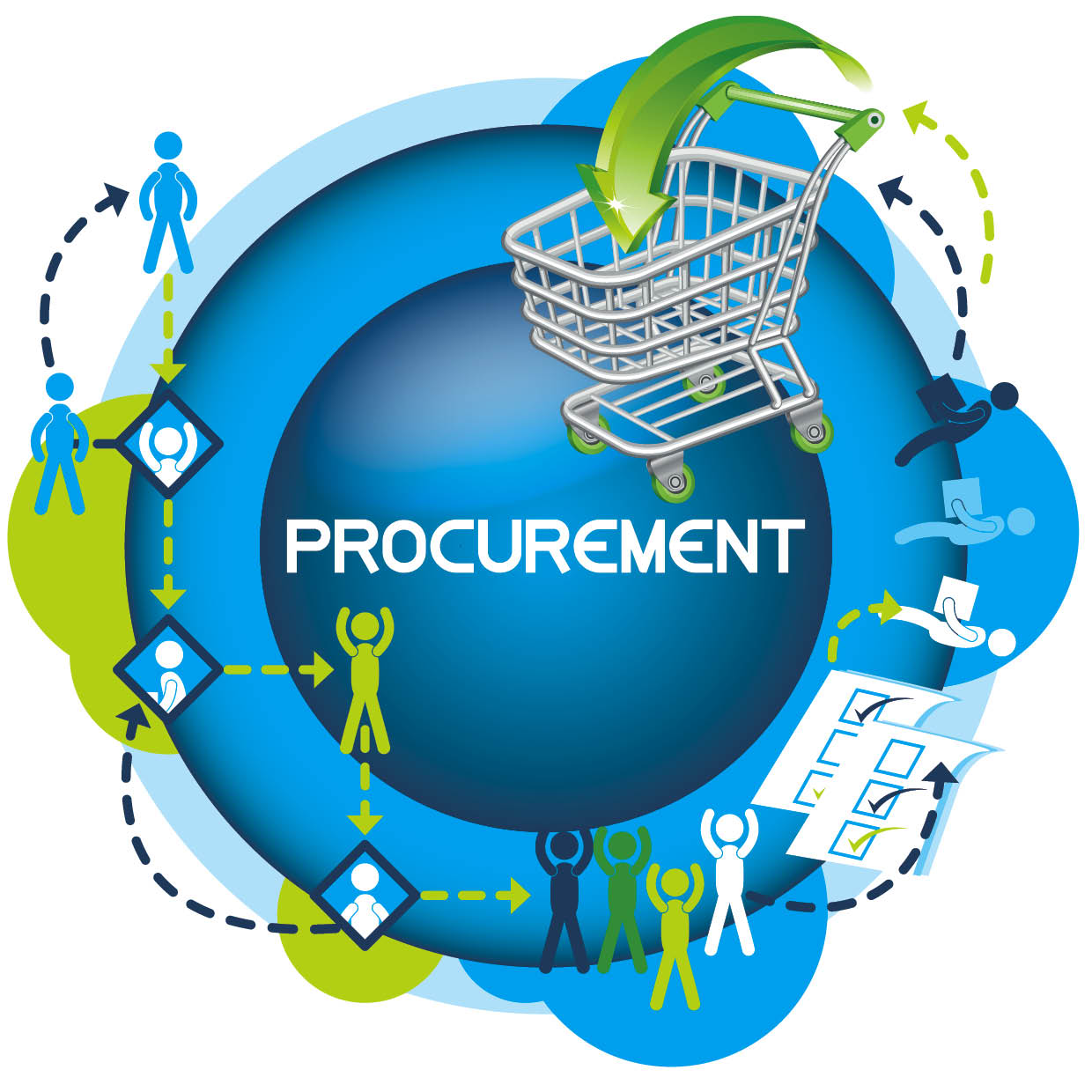Procurement Managers- Critical link in supply chain pharmaceutical management
April 27, 2017 | Thursday | Features
Their primary goal is to maintain a steady supply of pharmaceuticals and supplies to facilities where they are needed, while ensuring that resources are being used effectively.
The pharmaceutical procurement system is a major determinant of pharmaceutical availability and total pharmaceutical costs. In most developing countries, pharmaceutical purchases represent the single largest health expenditure after personnel costs. An effective procurement process helps ensure the availability of right medicines in right quantities, at reasonable prices, and at recognised standards of quality. A country can acquire pharmaceuticals through purchase, donation, or local manufacturer.
Quantification is an important step in the procurement process that involves estimating not only the quantities needed of a specific item, but also the financial means required for purchasing the item. Today, procurement has become a very important link between purchase and sale. It plays an important role in the company's entire supply chain management. Also, the role of procurement manager has evolved from simple buying process to overall managing budget and saving costs for the company. Speaking about the current purchase mechanism, Nishikant Prabhudesai, Purchase Manager, Merck Specialities Pvt Ltd. said, "In recent years, demand for strategic purchasing has increased which has resulted in a shift towards centralised purchasing organisations and an increase in long-term contracts over spot buying. The strategic options to improve drug access entail measures stimulating optimal functioning of the market through incentives, regulations, and information in a context of strategic purchasing. These strategies may largely be classified into demand side interventions, supply side interventions, pricing and incentives."
Ashish Sabnis, Director CBS Procurement, South Asia, GlaxoSmithkline said, "When it comes to distributing medicines, the primary goal is to maintain a steady supply of pharmaceuticals and supplies to facilities where they are needed, while ensuring that resources are being used in the most effective way. The distribution cycle begins when pharmaceuticals are dispatched by the manufacturer or supplier. It ends when medicine consumption information is reported back to the procurement unit. Designing systems for distributing and storing medicines, supplies, and equipment is complex and important. Effective pharmaceutical distribution relies on good system design and good management."
Tyson Popp, Vice President and Chief Procurement Officer of Mallinckrodt Pharmaceuticals said, "Every procurement leader wonders how its organisation stands in relation to others in the industry. Today's procurement organisation is tasked not only with achieving cost reductions or cost avoidance, but is also charged with advancing ways to deliver value to its company. The study examined how and to what extent procurement organisations in the pharmaceutical industry are meeting this goal."
According to the study of Drug, Chemical & Associated Technologies Association (DCAT) on ‘Value Creation in Pharmaceutical Procurement', more than three-fourths (76%) of respondent companies described the operating model used by their procurement organisations as highly evolved, classifying their procurement organisations as a value generator (41%) or as advanced (35%).
Procurement takes an active role with executive management and internal stakeholders to define, set, and execute business strategy and evaluate performance. Supplier relationship management is highly evolved with procurement organisations actively involved in supplier development and supplierled innovation. ‘Advanced' procurement organisations manage all spend through category management and strategic sourcing through a competitive sourcing process with clear and fully adhered decision rights for procurement with formal supplier relationship management in place.
Supplier relationship management (SRM) is one in which SRM is an integral part of overall corporate strategy with a full focus on value creation. The procurement organisation's company is seen as a ‘customer of choice' for a select number of suppliers and is fully integrated with select suppliers.









